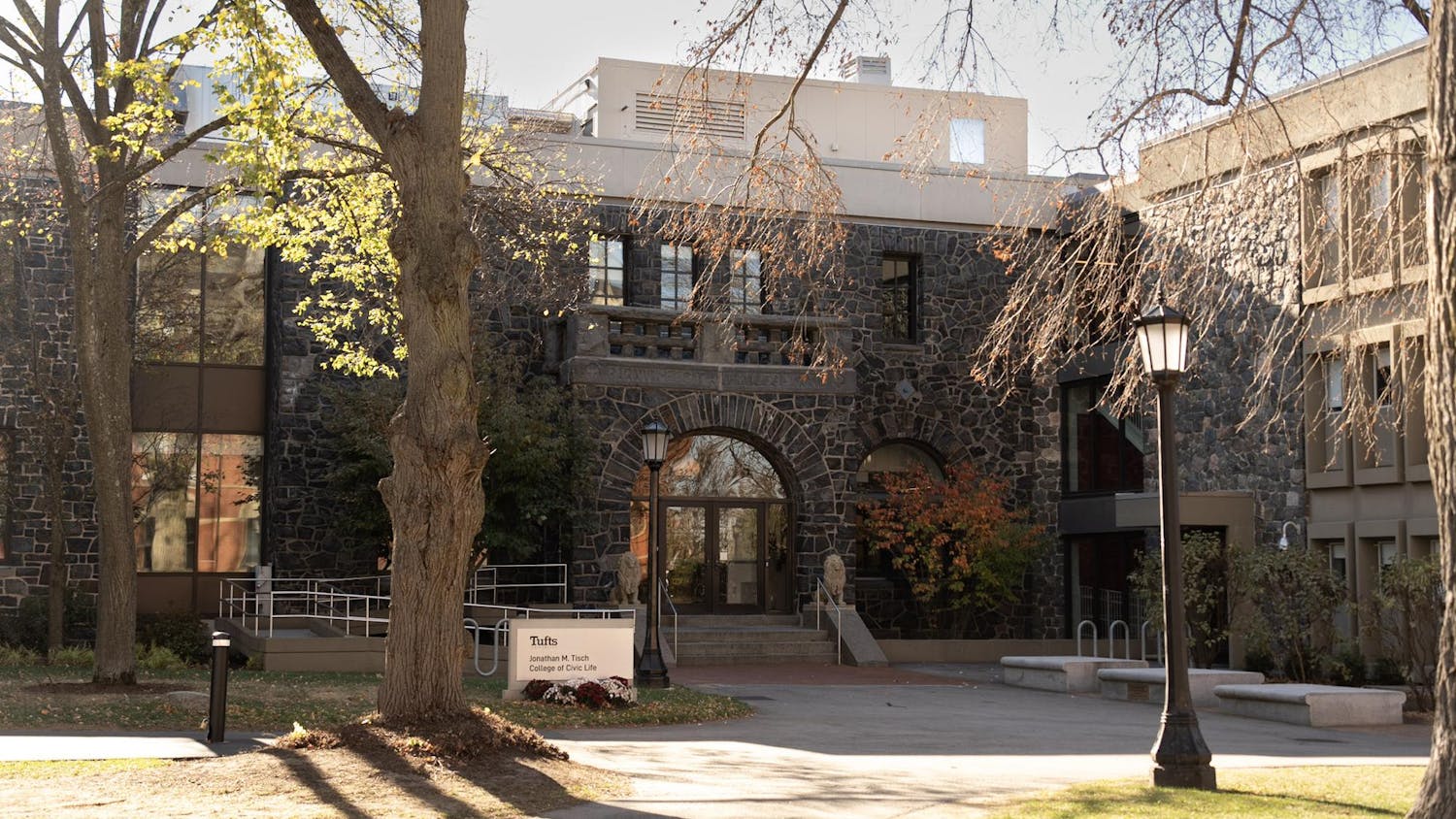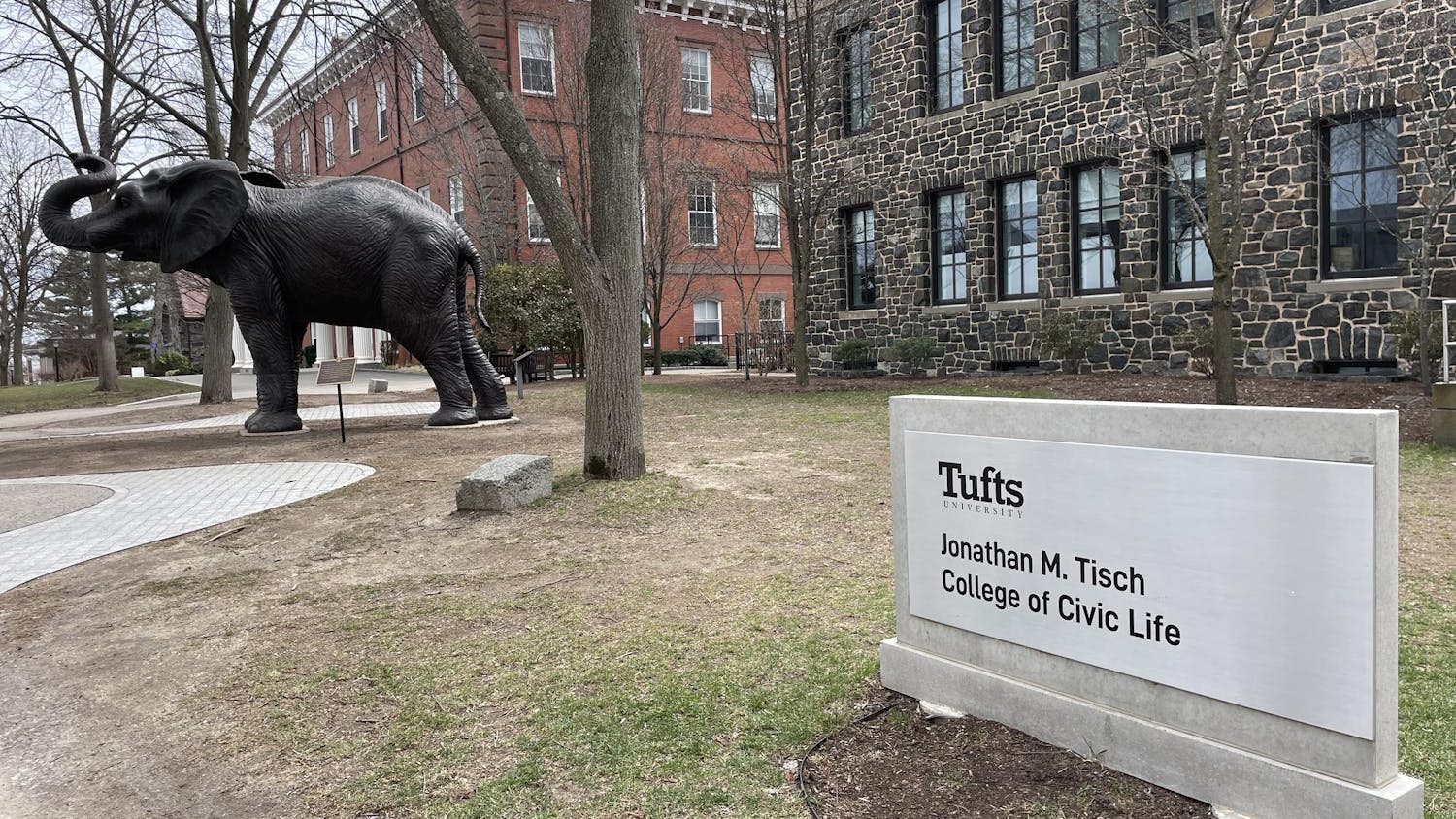The Office of Equal Opportunity recently sent out a survey to the Tufts community seeking to gauge the prevalence of sexual misconduct on campus. OEO worked with the education consulting group Grand River Solutions to develop the survey and has been collecting responses since Feb. 12. Campus organizations that focus on sexual misconduct and sexual health will use the results to fine-tune their offerings.
A law passed by the Massachusetts legislature in 2021 requires all institutions of higher education to survey their students about campus sexual misconduct at least once every four years. Tufts began conducting such a survey even earlier, in 2015. However, between a pause during COVID-19 and a very low response rate in the 2022 survey developed in collaboration with the Office of Institutional Research, the most recent usable survey data is from 2017. This year’s survey aims to provide an updated snapshot of campus attitudes toward sexual misconduct, reporting and resources at Tufts.
Jill Zellmer, executive director and Title IX coordinator of the OEO, wrote in an email to the Daily that the survey will allow the university “to identify concerns about campus climate, culture, and other aspects of student life that contribute to sexual misconduct. Results will also help us to improve Tufts’ sexual misconduct response and prevention efforts on all four campuses.”
This year’s survey is especially important considering the fact that the most recent usable data on campus sexual misconduct is six years old. Zellmer wrote that many campus organizations and services “have been waiting for this data so that they can better respond to students’ needs” These organizations and services include the OEO, the Center for Awareness, Resources and Education, the Green Dot program, Sex Health Reps, the Tufts Community Union and the Student-Athlete Advisory Committee.
Kathryn Mostow, the training and education specialist and the point person for the misconduct survey for the OEO, told the Daily that response rates fell from about 29% of students in 2015 to about 18% in 2017 and down to less than 5% in 2022.
“This very low response rate was determined to be statistically inadequate to report upon, and we were unable to use the data,” Mostow wrote in an email to the Daily.
“OIR determined that Tufts students were experiencing ‘survey fatigue’, since so many legally mandated surveys - on hold for 2 years due to COVID - were released in 2022, sometimes in overlapping succession,” Mostow wrote. “That’s why this current survey’s success is so important.”
Alexandra Donovan, the director of the Center for Awareness, Resources, and Education, emphasized that the survey is an extremely important tool for the center, which supports Tufts students impacted by sexual violence.
“It’s really important for us to hear from people that have been impacted by sexual misconduct, as well as those that haven’t so that we know … if people know about resources in our community,” Donovan said. “It’s important to know if our programming is reaching the areas that it needs to; it’s important for us to know if there are huge pockets that are missing.”
“I think COVID has directly impacted the social and sexual lives of our students,” Donovan added, explaining that updated data on the sexual misconduct climate could impact funding for CARE and inform future programming decisions.
One thing the survey will look at is how many students know about CARE and have used its resources.
“If people have heard about CARE and are utilizing it and feel like it’s a good service, [then] saying that in a survey helps the university and the powers at be understand that service and helps us in the long run,” Donovan said.
Tess Kaplan, events coordinator for the Sex Health Reps within the CARE office, explained how the survey will be useful for the office.
“This survey will help CARE to understand how often and where/when incidents of sexual misconduct occur and therefore work to prevent further incidents,” Kaplan, a senior, wrote in an email to the Daily. “This can mean in the types of events that the Sex Health Reps put on to educate the campus on consent or modifications to the educational training that Green Dot puts on for each student organization and sports team.”
For instance, Kaplan noted that much of the current Sex Health Reps and Green Dot programming surrounding party settings and alcohol is informed by past reports that those are the settings where Tufts students have most commonly encountered sexual misconduct.
According to Mostow, only 310 students replied to the survey in the first five days after its release — a response rate of 2.7%. Along with “survey fatigue,” she also attributed the low rate to the survey coming from a Grand River Solutions email address instead of from Tufts.
Mostow said she tabled in the Mayer Campus Center the week the survey was released and spoke to many students who didn’t realize that it had been organized by Tufts.
“Once I told them that the email was for a Tufts survey and contained a confidential link, most students opened the email and took the survey,” she wrote.
Students who have not yet taken the survey can find a unique, confidential survey link in a Feb. 21 reminder email from Tufts with the subject line “Share Your Perspective with Tufts.” A second reminder email is scheduled for March 5. Students who complete the survey have a chance to receive the following prizes: two iPad Airs, 10 $100 Amazon gift cards, 25 $50 Amazon gift cards and 50 $25 Amazon gift cards.






